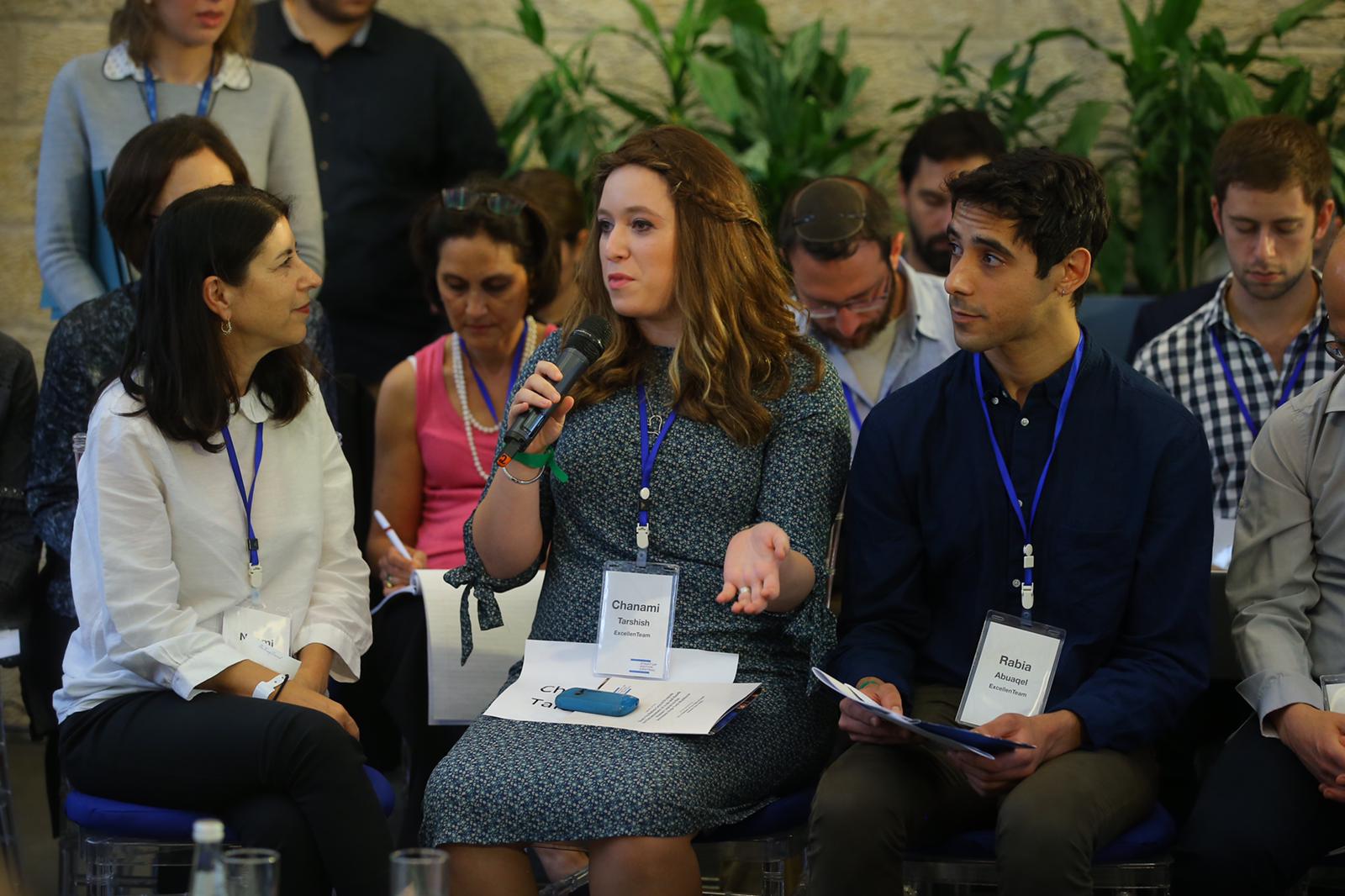Welcome to the first feature of the IWD Spotlight series, where women in the science and tech industry share their journey and advice for others walking the same path. In today’s feature, Sapna Chadha, the Vice President of Southeast Asia and South Asia Frontier at Google Asia Pacific, highlights the importance of fostering a mindful culture at work and having a support network.
What are some of the challenges you’ve personally encountered or seen women face in the tech industry?
While I’m fortunate to have strong allies throughout my career journey, I’ve experienced certain gender biases at the workplace. For example, I have been in talent discussions where women were stereotyped with certain female attributes, when in fact leadership attributes are not gender-specific — and we should know that. Looking back, these interactions certainly had an impact on my confidence and self-doubt at work.
Gender bias is an issue that goes across industries beyond just the tech sector, and I believe it’s an important hurdle that we all need to address. One of the first steps to removing bias in the workplace is education. External research shows that awareness of unconscious bias can lead to reversals in biased outcomes, and understanding the unconscious biases that underlie beliefs may be necessary for changing attitudes.
Since 2013, we’ve been educating and engaging employees and leaders through our Unconscious Bias @ Work program at Google, where we share the concept of unconscious bias and its impact. This helps ensure that we all have a common understanding and language to discuss unconscious bias, and the platform to do so.
What can companies do to ensure gender equity in a male-dominated industry?
It’s all about leveling the field, be it in education or confidence. Universal access to knowledge is incredibly important to ensure that women can build on their wealth of information and contribute their unique perspectives to the industries they are in. I’m particularly proud of the work that our Google for Startups team does for industry knowledge through its Founders Academy program. This high-touch, skill-building mentorship program was designed to help women-led startups in Asia Pacific improve their leadership skills, strengthen their team relationships, and address their unique growth challenges including capital and funding. To date, 27 alumni startups have graduated from the program since 2020.
On the other hand, confidence is key for women to see their work through without holding themselves back. It’s important to have a support network, whether it’s with counselors, mentors, or confidants encouraging you — it can do wonders for your confidence. I’ve benefited greatly from having mentors throughout my career, and knowing there’s someone I could turn to seek guidance, advice, and support from.
Organizations can foster environments and create opportunities for women to empower each other, so that power is greatly amplified. At Google, our #IamRemarkable initiative has helped uplift women and underrepresented groups, and empower them to break through glass ceilings and progress further in their careers. Since 2016, we have accelerated the career progression of over 450,000 women in 178 countries through this effort.
What advice would you give to your younger self when starting out?
My mother was someone I looked up to as a role model because she built her career in the tech industry. Growing up, I was inspired by her strength, dedication, and passion for her work. When it was my turn to enter the tech industry, she supported me throughout that journey. The most important thing she instilled in me from childhood was to have confidence and bravery.
Nevertheless, there were multiple occasions during my career journey when I felt like I couldn’t do it, and that I had to give up.
“Women often self-select, and we pull ourselves out of an opportunity even though we have the ability and capability to succeed.”
I want to remind my younger self that it is not about having all the knowledge in the field, but feeling all the confidence in the world that leads to great achievements. Never stop believing in yourself, grow comfortable with putting your hand up, and don’t be afraid to take risks.
Looking back, I’m glad that some of the best decisions I’ve made, both personally (like moving to Asia from the US) and professionally (embarking on new role opportunities), were when I simply acted on that inner voice to do something new or different.
What kind of workplace or industry changes do you hope to see in the next five years or so?
It’s encouraging to see that many organizations today are committed to building an inclusive and diverse environment for their employees. I’d like to think that every action and initiative that we undertake now will improve and move us in the right direction and progress five or ten years from now.
No matter our industry or sector, I hope we continue to create safe spaces for our employees to share their diverse perspectives and thoughts on difficult topics. We should rely on our people to speak up, disagree, and share ideas when they notice biases or micro-inequalities playing out in the workplace. When we ignore difficult questions or conversations, we’ve signaled that the company says it cares but doesn’t really. We also need to find ways of creating a culture where we can help everyone develop core skills around empathy and listening.

